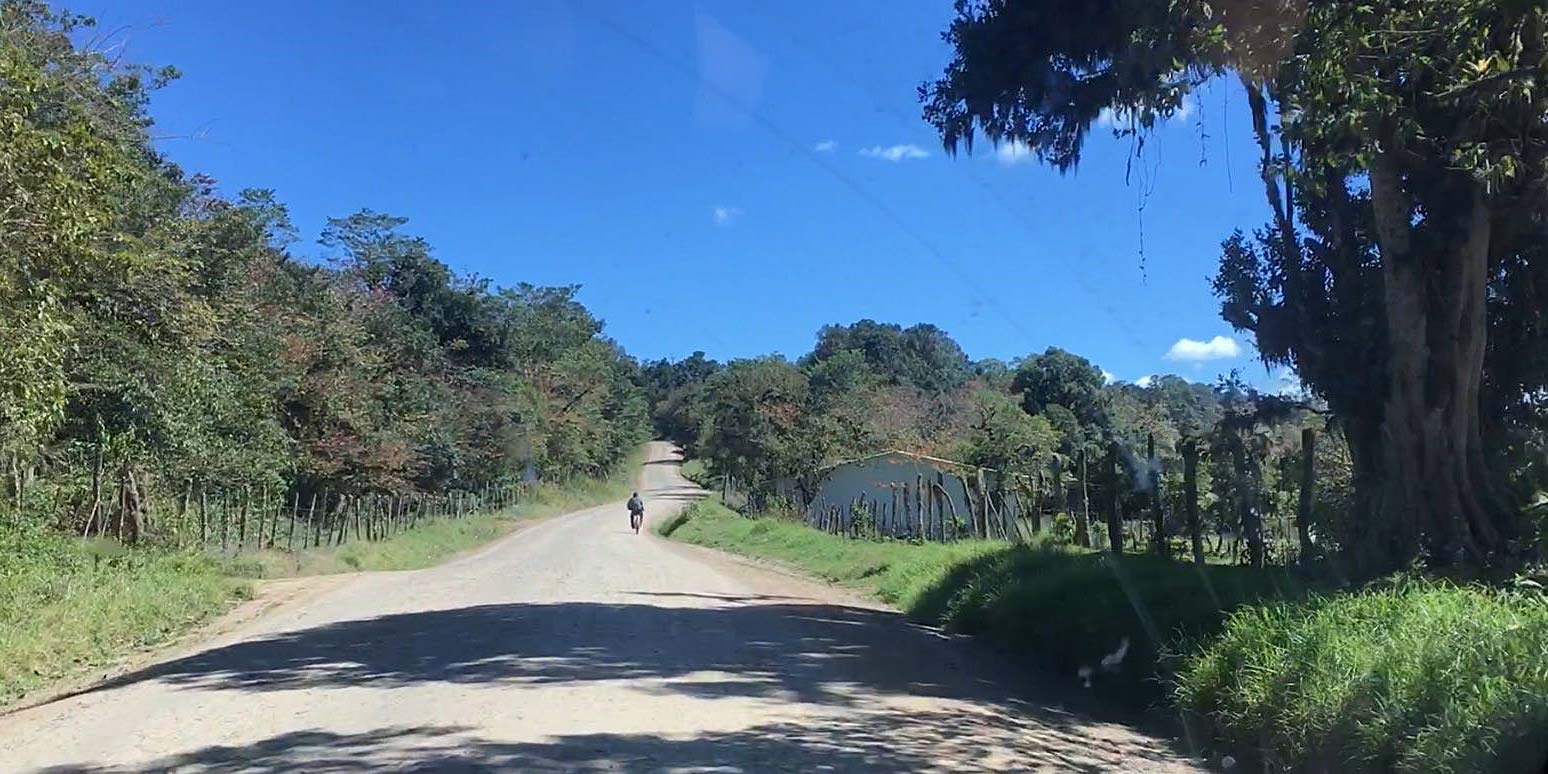Much has been written recently in criticism of the UK’s overseas aid budget, so given that I am here in Honduras in large part thanks to the UK aid budget, I thought that I would set out a brief defence of international development spending. This is not to say that I wish to defend the exact ways in which the aid budget has been spent - I would probably be the first to admit that it could be better spent. Rather, I want to set out the reasons why I believe that the UK should spend money on international development.
Disapproval of overseas aid spending has always murmured away amongst the more reactionary elements of British politics, but it reached fever pitch this winter when floods ravaged several parts of the UK, including my beloved university city of York. In the aftermath of the floods, Nigel Farage (ever the voice of reason) and Simon Danczuk argued that the UK overseas aid budget should instead be spent on flood prevention and recovery efforts in the UK. In an interview with BBC Radio Manchester, Danczuk contended, “Why do we spend money in Bangladesh when it needs spending in Great Britain? What we need to do is to sort out the problems which are occurring here and not focus so much on developing countries. That has to be our priority.” An excellent point. Why should those of us lucky enough to have been born in the world’s seventh richest country give any of our hard-earned dosh to help those who had the misfortune to have been born in a poor country?
The logic on display here is faulty at best. Farage and Danczuk implicitly assert that the only way to replenish the short-sightedly slashed flood defence budget is to take money out of the coffers of the Department for International Development, ignoring possibilities such as getting multinational corporations (*cough* Google *cough*) to pay their fair share of tax, or getting the banks to pick up some of the tab for their insane bailout following the 2008 financial crash. They also seem to forget that much of the aid budget goes towards helping developing countries to recover from natural disasters far worse than what the UK, with its extremely fortunate geographical position, experiences.
To take the example of Honduras, in 1998 Hurricane Mitch destroyed 70% of crops, virtually all of the country’s bridges and secondary roads, along with 30,000 houses with another 50,000 damaged. In total, 5,000 people were killed and a further 12,000 were injured. More recently in 2008, Honduras experienced severe floods, which resulted in the destruction or damage of half the country’s roads. Hopefully this puts the UK’s flooding problems into some perspective.

An article in the Telegraph from April last year laments the fact that the UK is the second largest aid donor in the world, and that the House of Commons library has forecast that at the current rate the UK’s aid budget will exceed military spending by 2030-31 (Victoria Ward, “Foreign aid budget to increase by £1 billion,” Telegraph, 3 April 2015). I have two responses. Firstly, heaven forbid that the UK should spent more on helping foreigners than on manufacturing ever more sophisticated ways to eviscerate them into an unrecognisable pulp. Secondly, I am of the opinion that it is the UK’s moral responsibility to be one of the world’s largest aid donors for the simple reason that much of its modern history has consisted of treating developing countries extremely badly. Two of the historical reasons why the UK is such a rich country nowadays - the Industrial Revolution based on burning fossil fuels, and the British Empire - have, to put it mildly, caused a few problems for the poorer countries of the world over the years.
To those who may accuse me of being overly political in my writing I say this: international development is inherently political. Deciding how to allocate funds is a political issue, and those of us who care about international development issues must constantly argue the necessity of spending money on them. That is one reason why I am glad to be volunteering for Progressio, which in combination with its hands-on development work, campaigns to make sure that international development issues remain on the political agenda.
Written by ICS volunteer Mark Normington. Photos by Edward Da Silva Ali.



